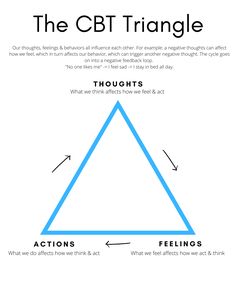STAGES OF AGGRESSION
STAGES OF AGGRESSION
Aggression in the context of mental health can manifest in various stages, and understanding these stages is crucial for early intervention and effective management. It's important to note that not everyone who experiences mental health issues will progress through all these stages, and the severity and duration of each stage can vary. Here are the stages of aggression in mental health:
Trigger:
- The trigger is the initial event or situation that sets off the aggression. It could be external, such as a perceived threat or stressor, or internal, such as overwhelming emotions, thoughts, or memories.
- This stage often involves increased tension and anxiety as the individual becomes aware of the trigger.
Escalation:
- In this stage, the individual's emotional response intensifies. Anger, frustration, or fear may become more pronounced.
- Communication may become more aggressive, with raised voices, hostile language, or threatening gestures.
- Physical signs of agitation, such as pacing, clenched fists, or rapid breathing, may be observed.
Crisis:
- The crisis stage represents the peak of aggression. At this point, the individual may lose control over their emotions and actions.
- Aggressive behaviors can become physical, resulting in violence or self-harm. This stage poses a significant risk to the individual and others.
- The person may experience a sense of helplessness or being overwhelmed by their emotions.
De-Escalation:
- After the crisis stage, there is often a period of de-escalation. The individual may begin to calm down, and their aggressive behaviors may decrease in intensity.
- This stage can involve exhaustion, remorse, or shame as the person reflects on their actions during the crisis.
- It's crucial to provide support and interventions during this stage to prevent further escalation.
Recovery:
- In the recovery stage, the individual gradually regains emotional stability and control. This may involve processing the events that led to the aggression and addressing underlying mental health issues.
- Self-care, coping strategies, and support from mental health professionals or loved ones play a crucial role in this stage.
Resolution or Relapse:
- Depending on the effectiveness of interventions and ongoing support, the individual may experience either resolution or relapse.
- Resolution involves a sustained reduction in aggression and the development of healthier coping mechanisms.
- Relapse may occur if triggers persist or if the individual does not receive adequate support or treatment. In this case, the cycle may repeat.
It's important to emphasize that not all individuals with mental health issues will exhibit aggressive behaviors, and those who do may not progress through all these stages. Early recognition of warning signs, access to mental health care, and the implementation of de-escalation techniques and crisis management strategies are essential for preventing aggressive incidents and promoting the well-being of individuals with mental health challenges.



.jpg)


.jpg)
.jpg)
Comments
Post a Comment